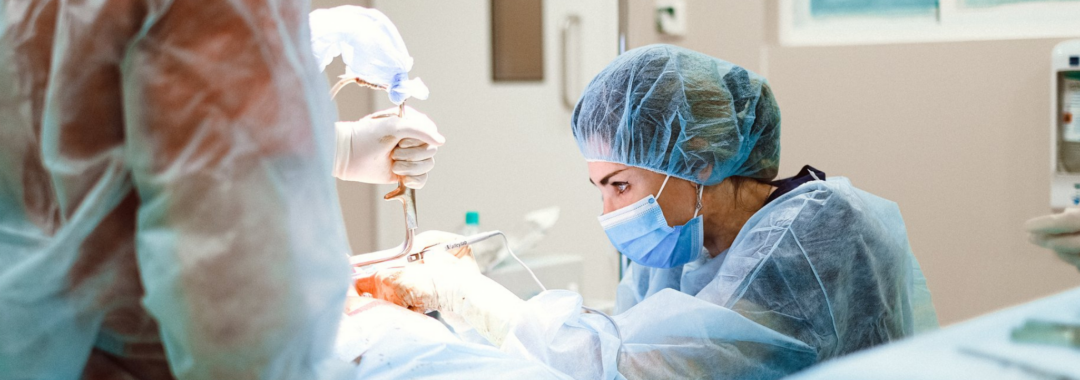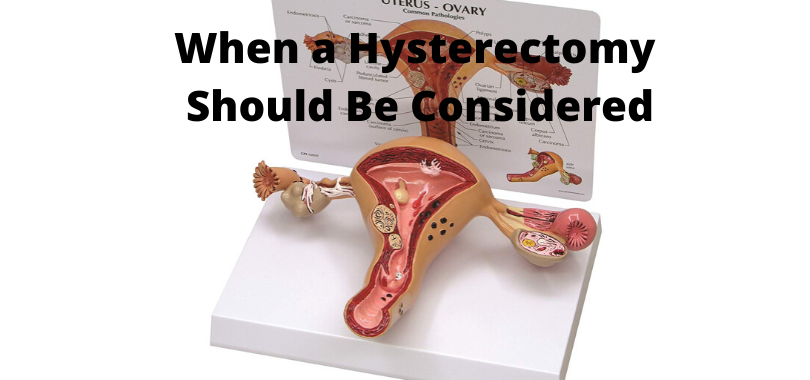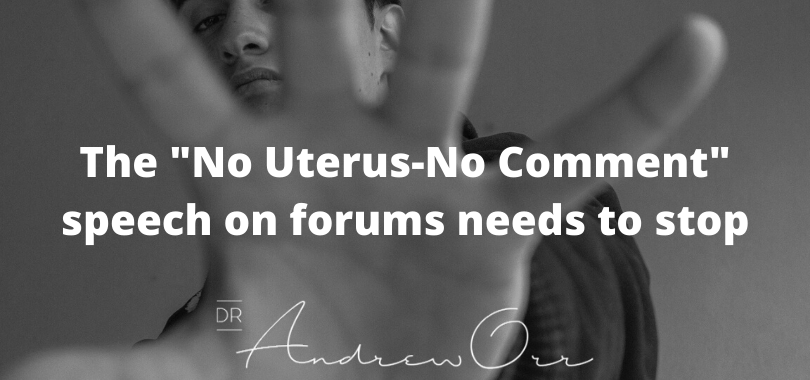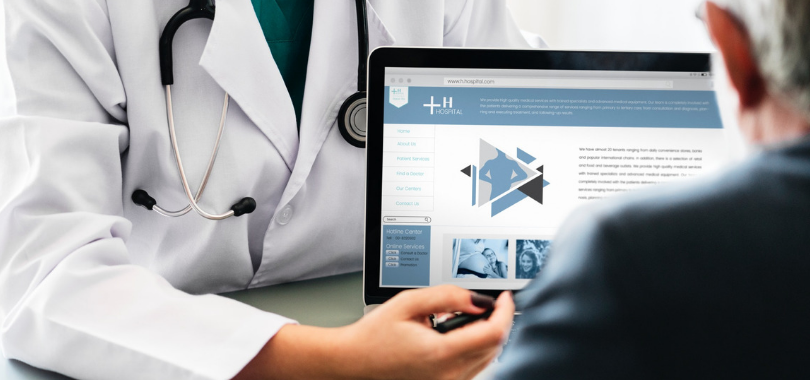1 in 10 women are diagnosed with endometriosis and it often takes up to 10 years to be diagnosed. The number 10 seems to be a recurring theme. So, for this post I am going to talk about the 10 common mistakes seen with endometriosis. Hopefully this helps to create some more awareness about this horrible disease and helps those who are suffering, or have not been diagnosed yet.
Below are the ten common mistakes I see with endometriosis.
1. Believing surgery has cured their disease
Many people with endometriosis are often led to believe, or have been told, that once they have surgery that their endometriosis is cured.
There is no cure for endometriosis, so surgery is not a cure. Hysterectomy is not a cure either.
All surgery does is deal with the expressed disease and that is it. It does not prevent further regrowth of the microscopic implants of endometriosis that are waiting to express and develop into lesions again. While surgery is a very valid medical option to address acute pain caused by the disease, it is not a cure. It only helps with symptomatic relief.
2. Not doing follow-up management of the disease after surgery
We know that despite the best medical interventions that women with endometriosis often will still be in pain, or have further expression and regrowth of the disease.
As mentioned previously, surgery is a valid treatment option for acute pain and for when hormones and medications are not working. But, from my experience I do see many have the surgery and then are not doing any ongoing management, except for pain medications. This isn’t necessarily the person’s own fault either. Many are also poorly managed post surgery and are not aware that they will need ongoing management of their disease state. As mentioned, many are literally just unaware that their disease can, and will grow back without ongoing support and healthcare management. It is crucial that all women with endometriosis receive ongoing care and management of their disease from an appropriately trained endometriosis expert.
3. Endometriosis care requires a multimodality/team approach
There is no one single medicine, or modality, that can effectively deal with endometriosis and this is why a multimodality/team approach is needed.
Surgery is just one treatment approach, which is also needed to definitively diagnose the disease, and then for when the disease is acute and nothing else is working. But surgery alone is not adequate to deal with the disease as a stand alone therapy.
Endometriosis is estrogen driven so there does need to be some form of progesterone support to help suppress further expression of the disease. This can be in varying forms and something I will discuss in another post.
There also need to be support of the microbiome and working on the microcirculation to the pelvic area and reproductive organs. There also need to be ongoing emotional support and care such as counselling, or psychology
There also needs to be dietary changes (low inflammatory based diet), physiotherapy, exercise, complementary medicines, acupuncture, nutritional medicine other modalities. All of this can be done alongside ongoing medications and medical support. Each individual with the disease has different symptoms and will require different multimodality care and support, based on their individual needs.
4. Not seeing the right surgeon
I know I always talk about it, but this is because many who are suffering from endometriosis and the associated symptoms, just have not seen the right person in the first place.
In every profession there is good and bad. There are those who specialise in a certain area, and there are those who don’t. The same goes for medicine and the same goes for surgeons too.
When needing a diagnosis, or surgical intervention for endometriosis, it is imperative to see an advanced trained laparoscopic surgeon who specialises in the excision of endometriosis. This way you also know that this surgeon is not only advanced trained and highly skilled, but also specialises in endometriosis and every aspect of it.
Not all gynaecologists and surgeons specialise in endometriosis and some dabble in it and are not highly skilled in the actual surgical requirements to effectively excise the disease properly. Some surgeons do not even do excision surgery and tend to just to ablation only. This is not how you surgical deal with endometriosis.
These advanced trained surgeons also have to do a certain number of surgeries per year to attain the status of being advanced trained. Someone who does a few surgeries here and there is definitely not advanced trained. These advanced trained surgeons also do extra years of surgical training and are the best of the best and why anyone who is suspected of having endometriosis, or has endometriosis need to see these surgeons only.
Too many women are under-serviced surgical, by poorly skilled surgeons, who are not specialised in endometriosis and who are not advanced trained and this is where all the problems start. It can also lead to making the patient worse and only leads to further suffering and years of pain as a result. It also means that the advanced trained surgeons then have to fix up the mess these other surgeons created.
The hard thing is some women are limited by demographic and location when it comes to being able to see an advanced trained surgeon. Unfortunately most of them do private work, and any in the public system have long waiting lists and may only do one day a week public surgical lists. You may not even get to see them unless you see them privately first and they put you on there public waiting list.
5. Not seeking help and intervention early enough
There is two parts to this that need attention and need discussion. We know that it often takes up to 10 years (or more) to be diagnosed with endometriosis. This means that a hell of a lot of women are being missed and dismissed by GP’s, allied healthcare practitioners, complementary medicine practitioners, specialists and so forth. This isn’t meant to be negative, or an attack on any one profession. These are the facts and something that cannot be ignored. It also needs to be discussed.
Then we also have parents waiting way too long to seek help for daughters, using the wait and see if it will go away approach. I see this often and I am often getting asked if a parent should just wait and see if their daughters pain will magically disappear. I often have to point out that if my daughter was passing out, or laying on a bathroom floor crying with pain, I would not be waiting to see if it was going to go away. Early intervention is the key to any disease. The wait and see approach is often the reason many women end up with years of fertility issues and years of pain, and other associated symptoms of endometriosis. The longer a disease is left to spread, the more damage it does, and the harder it is to treat.
Teenagers are not too young to have endometriosis and we are now seeing young girls as young as 5 years old having endometriosis found.
The other issue we see if women who know that they have the disease, putting off seeing someone for fear of more surgery, or fear of being dismissed. Again, this only leads to further complications and disease growth and thing being harder to treat.
Once a woman has endometriosis, the reality is that she may need further surgical intervention. But, it is needed to help with symptomatic relief and reduce inflammatory response in the body. The other thing is that by going and seeing someone who specialises in endometriosis, they are trained to help you manage your disease properly.
There may also be some non-surgical options that can be used and help with symptoms and disease management as well. But, you need to go in the first place, to get the help you need. Please do not put off getting your health and disease state managed properly. If you are in a bad place with your disease, make sure you get on that phone and book yourself in with someone who specialises in endometriosis.
6. Trying to manage the disease by yourself
I’ve covered this a bit in the last statement, but so often I see women trying to manage endometriosis themselves. This only leads to a vicious cycle that keeps going around and around and nothing good ever comes of it. The disease does not get managed properly, the symptoms get worse and then it all becomes way harder to effectively treat and manage.
Sometimes if things are left too long, there can be permanent damage that is not repairable. This is definitely why people should not try to manage their own disease and symptoms themselves.
If your disease state and associated symptoms are out of control and you aren’t being managed properly, please get on that phone and book in to see someone as soon as possible. Do not put it off any longer. Now is the time to do something about it, not tomorrow, or next year.
7. Getting medical advice from support groups
I am a big advocator of anyone with a long-term health issue receiving emotional and physical support. It is a must. But, it needs to be via trained professionals who are specialised to help you properly.
While I am also a big fan of support groups, I am not a fan of non-medically trained, non-healthcare people giving healthcare and medical advice to people within these groups. I love seeing the emotional support in these groups, but I don’t love it when I see people getting medical advice about medications, hormones and medical procedures. This is dangerous. I’ve even seen advice given on how to take ones own IUD out and this is when I have to speak out.
By getting medication advice, medical advice, surgical advice and any other healthcare advice from someone who is not appropriately trained, you are actually putting yourself in great danger. Please do not take the advice of anyone who is not a healthcare practitioner, or a specialist in endometriosis. Sure, get the emotional support from like minded people, and people who understand what you are going through, but leave it there.
The other thing is just being careful of not getting caught up in some of the negativity of some groups, where you also then start to focus and become your disease. You are not your disease and to move forward you need proper healthcare and lots of positivity.
8. Letting pain and associated symptoms get out of hand
Some of this I’ve also spoken about, but this is one thing I see often as well. Many people are at a point of self-managing with pain medications that are not working effectively any longer. This then leads to increased reliance and dependence of pain medications and it can also lead to increase pain and associated symptoms.
I have talked about pain medications and the withdrawal affects in previous posts. I have also talked about how increased pain medication use can actually cause pain and lead to further inflammation in the body. I have also talked about the addiction of pain medications too. It is a catch 22 situation. (Click here to see previous posts mentioned)
The point I am trying to make here is that if your pain levels and associated symptoms are getting out of hand, then you need to do something about it. Please do not try and manage your pain and symptoms on your own. Increasing your medications can have detrimental effects on your body and long term health consequences.
If you have to increase your pain medications, it means something is drastically wrong and that your pain levels need urgent professional attention. Your endometriosis expert/specialist is trained to help you get your pain levels and associated symptoms managed properly.
There may also be something else going on that could be sinister and require urgent medical attention. Never presume that all your symptoms are related to your disease. Seeking proper medical health and ongoing management, could just save your life.
9. Buying into the label and letting your disease own you
Having a chronic health condition myself, I know all too well how easy it is to fall it the trap of buying into the label of the disease. I also know all too well by doing this, you are letting the disease own you.
I also understand how hard it is on the bad days, not to get down about everything and think that there is no help, and how unfair things are. Yep, I truly get it. But, I also know that the more one focuses on the negative, and constantly lives in the disease state, the harder it is to truly move forward and get better.
Our thoughts and being negative can exacerbate pain pathways and they can also disrupt the healing pathways as well. If you listen to people that have overcome and illness, or a disease, they will always tell you it was by getting the right help and being positive. Positive mental outlook is very underrated in healthcare and its healing effects.
This is why I sometimes mention about being careful in certain support groups, where the focus is constantly on the disease, the label, and the negative. It isn’t good for anyone when that is all you hear. You need support, but you need to surround yourself with positive people, see the right healthcare team and also remember that you are not your disease, and it does not own you.
10. Believing that there is no help out there
I know many people have had a hard time and some have really had a terrible journey getting to where they are now. It is one of the reasons I am so big on giving people the facts about this horrible disease and trying to help women get the proper help they need. It is also the reason I do what I do now.
Having lived with a chronic disease and having dealt with my share of really bad experiences, I know all too well what many of you have been through. I thoroughly get it and I understand on all levels.
While many people have been missed and dismissed and many have seen their fair share of terrible healthcare practitioners, I do need to point out that there are some very good ones also. Never let your last experience by carried over with you. Not all healthcare practitioners are bad. There are actually some amazing practitioners out there who are experts in endometriosis.
Like I have said before, in every profession there is good and bad and this is why it is important to do your homework. Don’t just go off a friend’s recommendation, or some recommendation from your mother. Do your homework and make sure the person you are seeing actually specialises in your disease. You also need to be realistic that you need a multimodality team approach, and that you may need to see a few practitioners within a network of specialists.
When you do find someone you think may fit the profile of a true endometriosis specialist, make sure when you see them that they take a full history, listen to all your concerns, give you appropriate care and advice and are empathetic in helping you move forward with appropriate care and health management.
The one thing I tell people is to not go in with a negative attitude based on previous bad experience either. This can then lead to further angst and anxiety and could get a good practitioner offside too. At the same time, while you need to not take your last experience with you, you do need to make sure the person you are seeing is right for you. It is all about balance and not judging each person you see as being the same.
But, if the person you do see has no idea, then don’t be scared to say “Thanks, but not thanks” and be on your merry way. There is no harm in getting multiple opinions and the honest truth is that is what you need to do. Never just take ones person’s advice and be done with it. Get a second, or third, or tenth opinion if you have too.
Last, but not least, if you are struggling and are at a point you believe there is nobody to help you, please remember there is always someone out there. Never give up hope about that. There are some amazing people out there who will know how to help you properly and get you the help and care you need. You just need to find them. There are endometriosis experts out there and when you find them, they will help you.
Final word
If you do need help and assistance with endometriosis, or need help getting diagnosed properly, please give my staff a call, or send an email, and find out how I may be able to assist you. I do consultations in person and online as well. There are some conditions with online consultations, but my staff will explain all this too you. You may also need to come and see me in person, so I can make sure you get all the appropriate investigations and testing done too. I also have a team of experts I work and refer to as well. I do see people from all over Australia, far and wide, and some from overseas as well.
Take care
Regards
Andrew Orr
-No Stone Left Unturned
-The Endometriosis Experts






